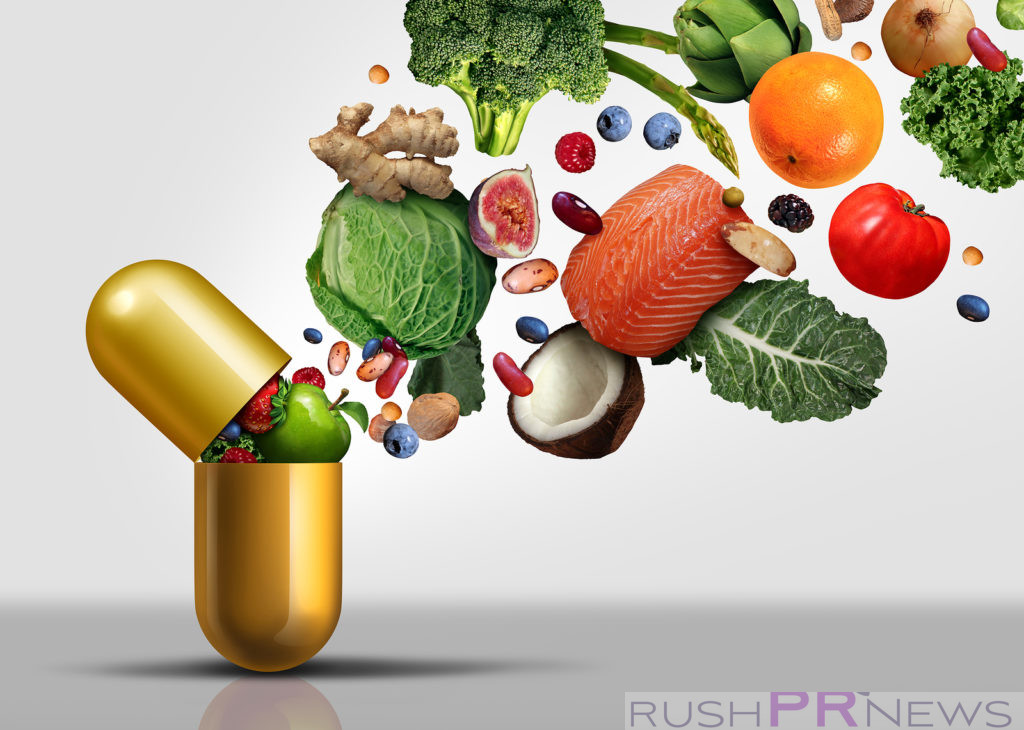Nicotinamide Mononucleotide (NMN) is a derivative of niacin and has recently gain attention for its potential anti-aging benefits. Studies done on mice using NMN have demonstrated the supplement’s ability to improve overall health and assist with weight loss. Before taking any supplements, consumers need to review any potential side effects and confirm the safety of the product.
Basics of NMN
NMN is a nucleotide that has been derived from ribose and nicotinamide. The nucleotide is considered a precursor to NAD+, a regulator of proteins and a compound responsible for repairing DNA. When mice in laboratory studies were given NMN supplements, researchers found a dramatic reduction in cell death and an increased restoration of blood capillaries. Besides a greater blood supply, the mice in the study had a greater exercise capacity by as much as 80 percent. In another study, mice were given the supplement in addition to a high-fat diet. Compared to the control group, the mice had fewer signs of fatty liver and better glucose levels. Pharmaceutical companies are also conducting studies to see NMN’s effectiveness against diseases such as diabetes and Alzheimer’s.
Safety of Nicotinamide Mononucleotide
More and more supplement companies have begun offering NMN in powder and capsule forms. Consumers should always review safety information regarding any supplements before consuming them. The United States Food and Drug Administration doesn’t require the same safety testing for supplements as pharmaceuticals. Nicotinamide mononucleotide has not been the subject of any safety notices by the United States FDA. In studies, NMN has been noted as being well tolerated by subjects with no side effects reported.
A 2017 study did find that the supplement could increase cholesterol levels in users. The increase in blood cholesterol levels was small, but significant enough to note. Any patients with high cholesterol or any other medical condition should discuss supplementation with their doctors first.
Natural Alternatives
Although supplements are considered widely safe, there are food items containing naturally high levels of NMN including broccoli, green cabbage, cucumber, avocados, and tomatoes. However, supplementation offers more concentrated amounts of the nucleotide. Consumers would need to eat excessive amounts of these food items to reach the same usage amounts as a single supplement dosage.
Research on NMN is ongoing with human studies being currently conducted. More safety data is expected to be released shortly for consumer review.




